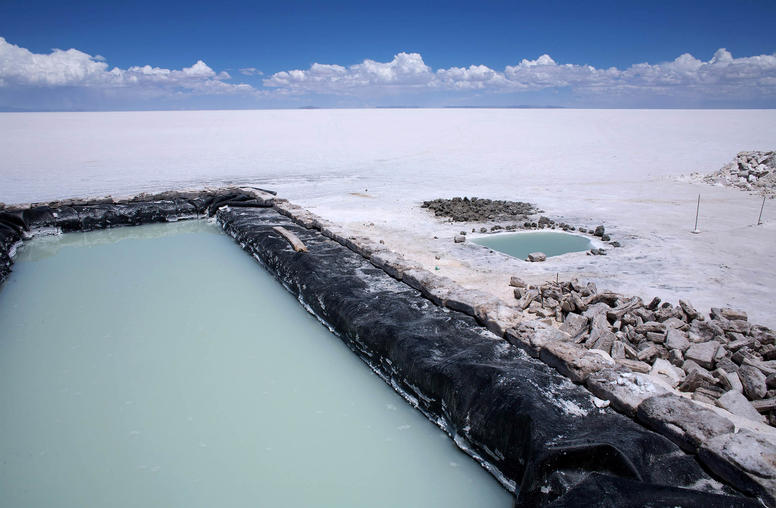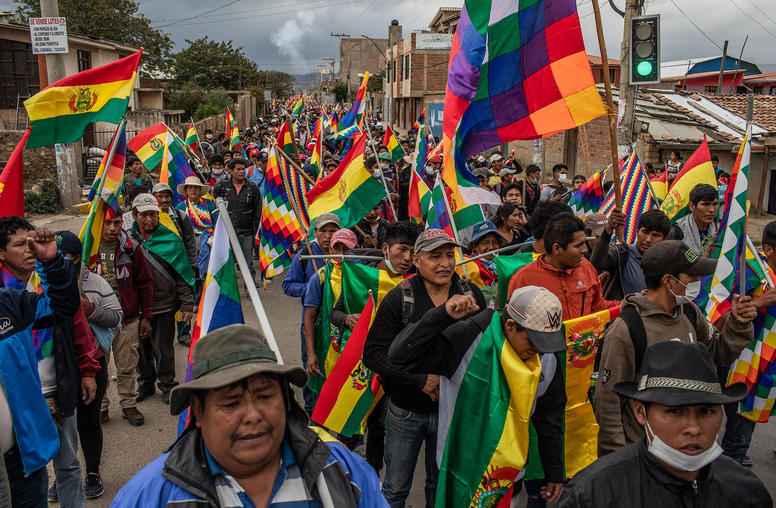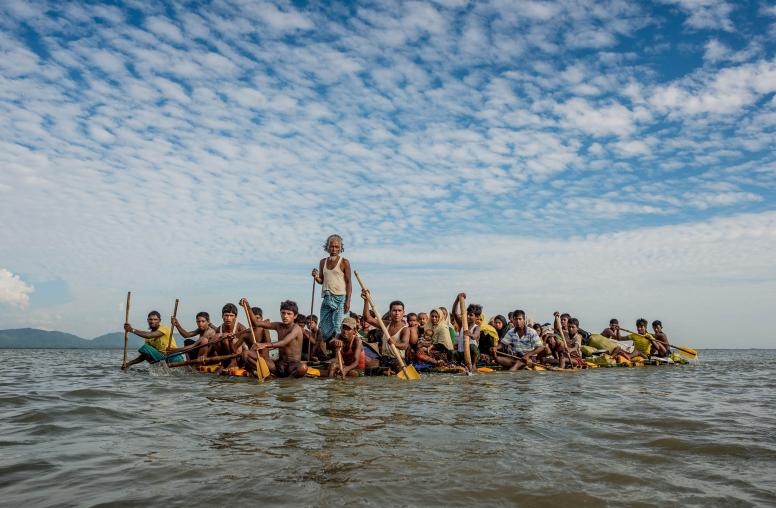Keith Mines on the Future of U.S. Latin America Policy
Intense polarization in Bolivia, Venezuela, and Colombia will present Washington with significant challenges in the years ahead. But USIP’s Keith Mines says, for the most part, leaders in those countries “are looking for a way forward … there’s a more realistic framework of coexistence that’s emerging.”
On Peace is a weekly podcast sponsored by USIP and Sirius XM POTUS Ch. 124. Each week, USIP experts tackle the latest foreign policy issues from around the world.


